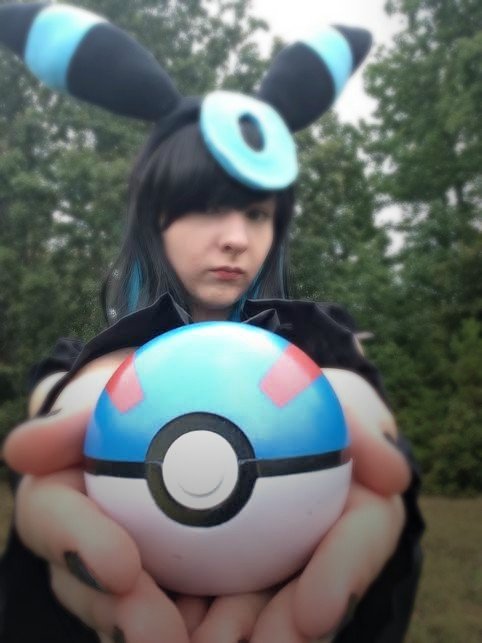
To Love Cosplay or Hate Cosplay, That Is The Question
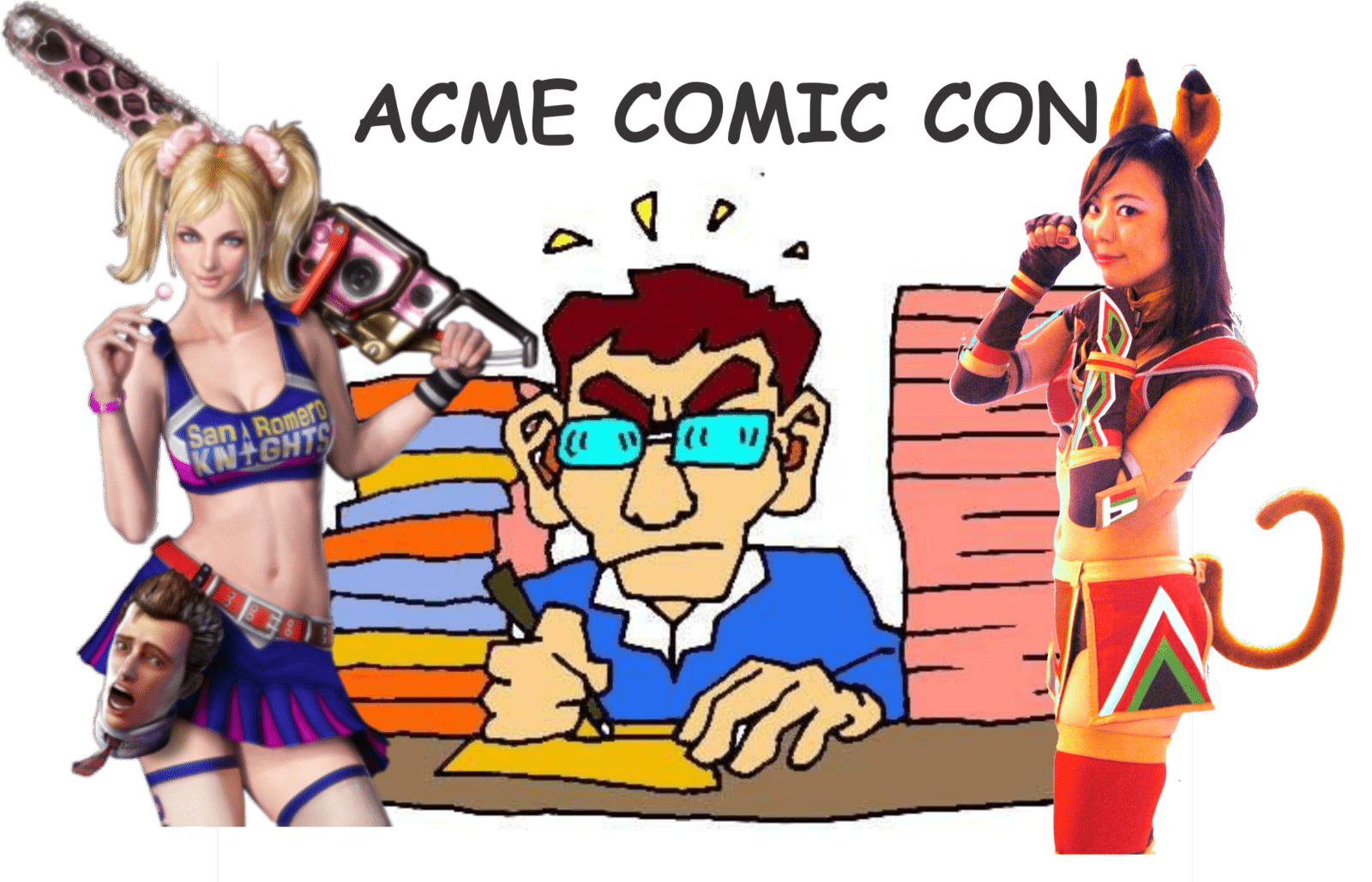
Let’s face it. Cosplay is a polarizing hobby. You (and other comic fans) either love it or hate it. So what happens when comic artists and writers collide with cosplayers playing their characters? Sparks fly and, predictably, the artists either love it or hate it. There are many comic artists and writers out there who love their cosplaying fans, but that love has been eclipsed by a few loudmouthed haters. So why do some comic book artists and writers hate cosplayers while others love them?
Lovers
Gail Simone, best known for penning DC’s Birds of Prey, Wonder Woman, Deadpool, Secret Six, Welcome to Tranquility, and The All-New Atom, is known to jump up from her table to talk and pose with cosplayers. So is Joe Staton, one of the creators of The Huntress and Dick Tracy. George Perez is genuinely grateful for his cosplaying fans and has made it well known on Facebook when he posted “cosplayers, for me, are the tonic I need and look forward to at conventions, because these stalwart fans, many of them knowing the ins and outs of what’s happening with the characters they’re portraying far better than I do, make me truly appreciate the impact I, and all who do what I do, have had on such a creatively inspired group of fans.”
Like other artists and writers, these lovers are attending the con to network with other creators and earn money at their booths. But, unlike the haters, they view their fans as more than a revenue source. They genuinely enjoy the passion and creativity of their fans and are interacting with them in a relevant and modern way. They are participating on Twitter, Tumbler, and Facebook and posing for pictures rather than simply selling and autographing copies of their work.
Haters
So what about the haters? Perhaps the most famous hater is Tony Harris, the five-time Eisner-nominee who (for those of you who missed the drama) posted a mysoginous anti “COSPLAY-Chiks“ rant on Facebook in November 2012, followed by an equally sexist public apology (both have since been taken down, but a simple Google search will produce reposted copies) accusing “CON-HOT” female cosplayers of preying on male fans and distracting the press from the “real reason for the con…the Comic Book Writers and Comic Book Artists…”
Then in September of 2014, Denise Dorman, wife of Star Wars artist Dave Dorman, chimed in on her blog comicbookwife.com accusing cosplayers of holding up floor traffic and drawing fans away from “the famed industry household name–to pose for selfies.”
Pat Broderick, best known for his work in the ’70s and ’80s on Batman, Captain Atom, Doom 2099, and Micronauts followed suit in December of 2014 with a Facebook post accusing cosplayers of bringing “nothing of value to the shows.” To which Mark Ellis, writer of many Outlander books under the name James Axler, commented “Turning over these events to people with Narcissistic Personality Disorder and Zombie #4 from a 10 second scene in an episode of The Walking Dead does nothing to support comics.” and Raymond Lui, owner of the NY-based Muteki Sales shared a story about a cosplayer who he kicked out of his booth because he didn’t know much about the comic book character he wanted to cosplay.
Like other artists and writers who love cosplayers, these haters are attending the con to network with other creators and earn money at their booths. But, unlike the lovers, they view cosplaying fans as a distraction from the “real” creators, themselves.
So what does this all boil down to? Conventions have changed and fandom has changed, for better or worse. Many younger comic consumers purchase their comics on the internet, rather than at conventions and comic book stores. They don’t attend cons to buy comics or even collect autographs, rather (especially for cosplayers) cons are a social event where fans and creators can get together in person to celebrate the comics they love. Artists and writers who view this atmosphere as a marketing opportunity (rather than a fiscal one) love cosplayers for bringing their characters to life. What better form of flattery (and free marketing) is there? While comic artist and writers who rely on cons solely as a source of income and exposure are miffed. To them, cosplayers are nothing more than a horde of predators stealing their press exposure, the hearts of their fans, and ultimately, their revenue.



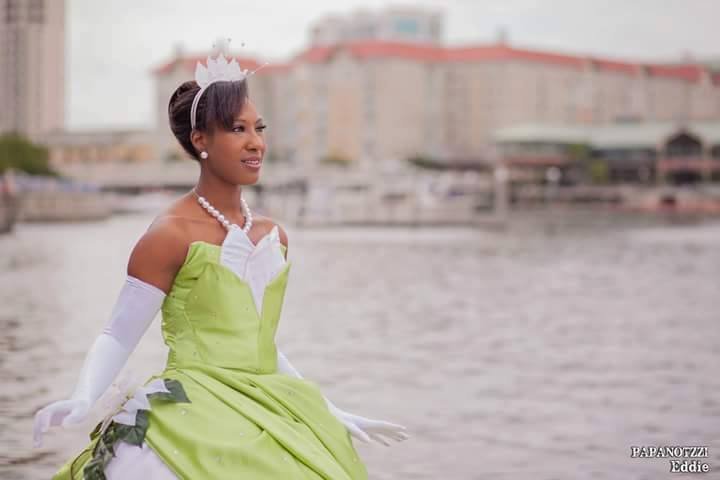
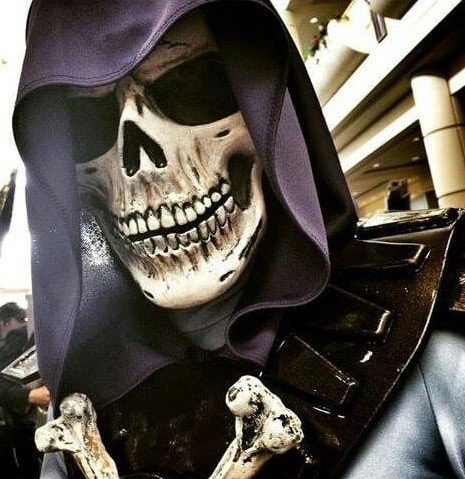
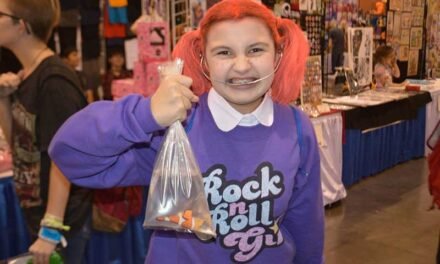

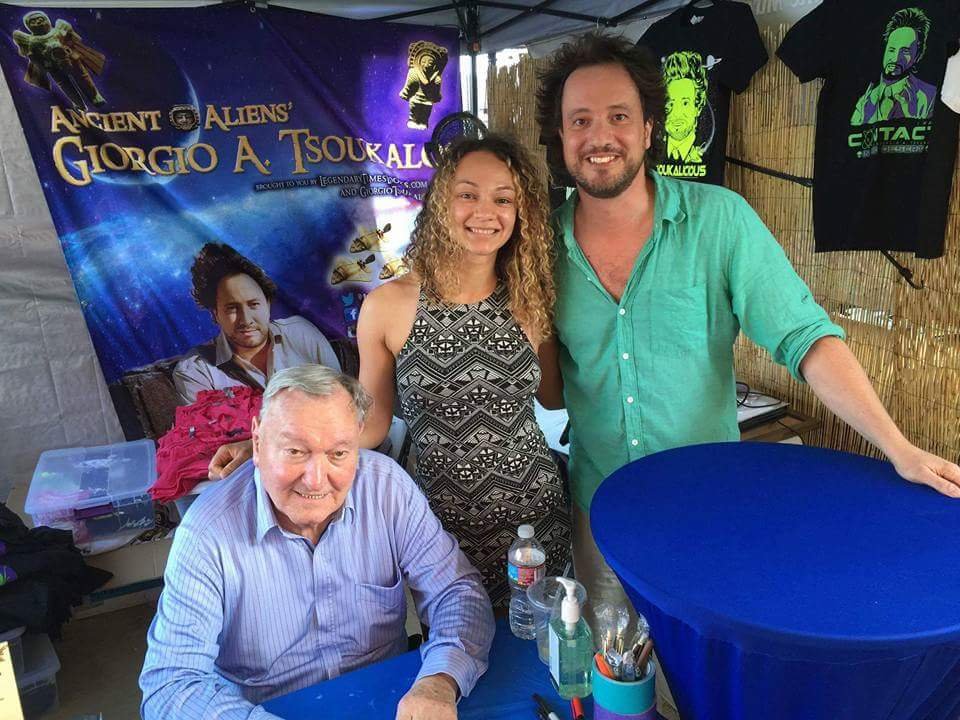
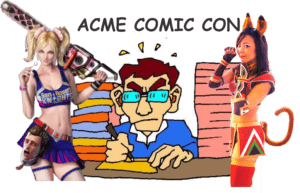

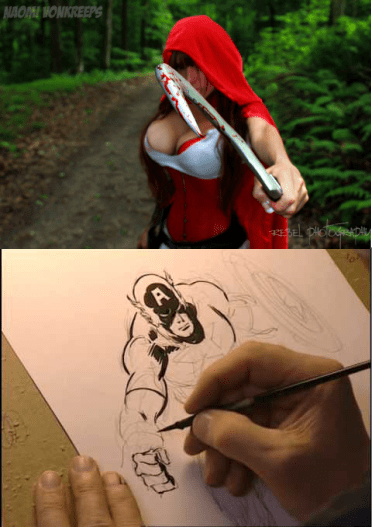

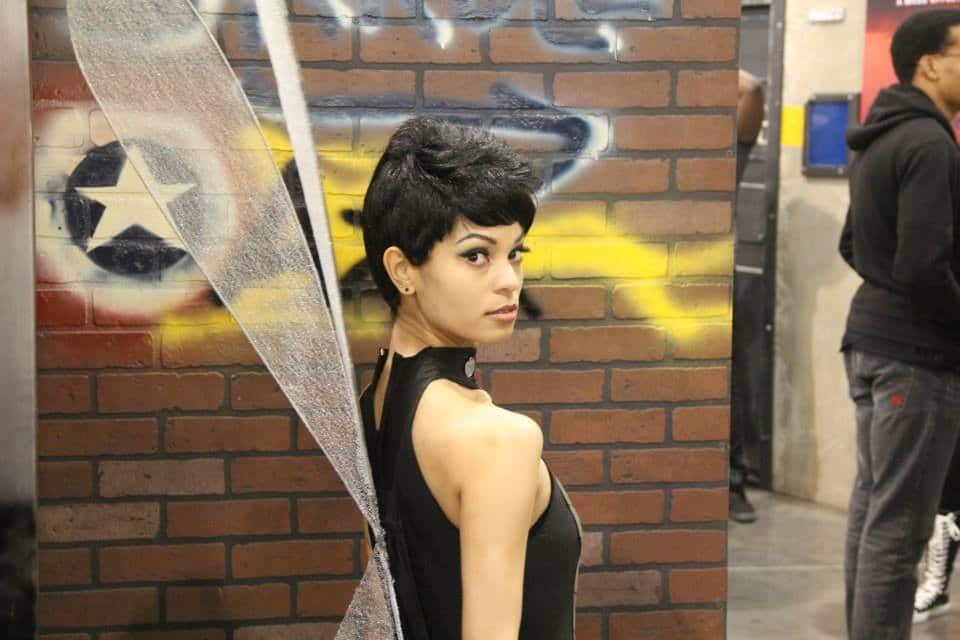





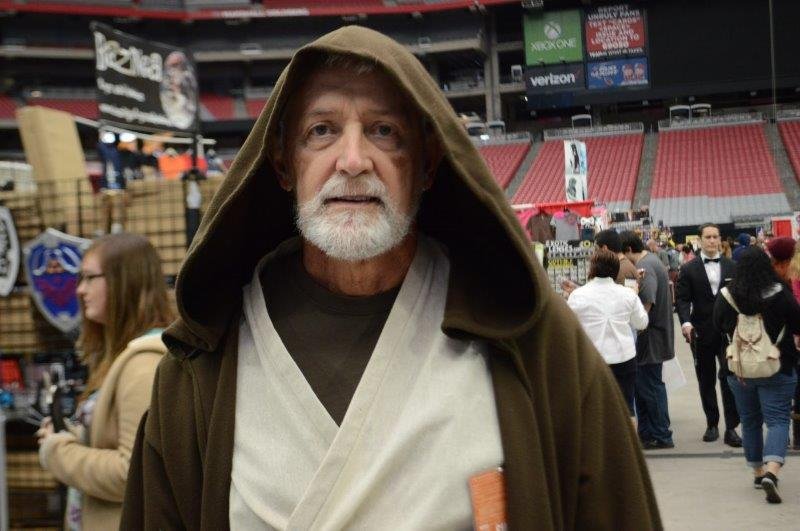
Recent Comments